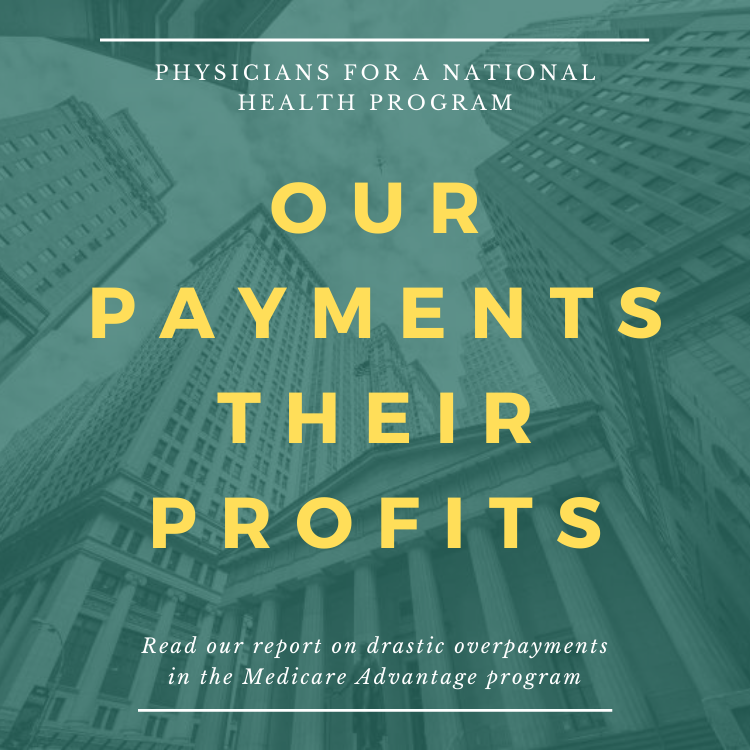By Bryan Horwath
The Dunn County News
February 9, 2010
It was clear what topic was at the forefront of most people’s minds during a listening session with Sen. Russell Feingold (D-Wisconsin) at Boyceville High School on Saturday — health care, health care and more health care.
The topic of the day included concerns over health care costs, the so-called government takeover of health care, requests for universal health care, and horror stories from individuals and small business owners over what many described as a broken system.
After a couple of questions about the perceived lack of civility among politicians in Washington and the possibility of peak oil becoming a real concern, the health care questions started coming in droves.
Singling out single payer
One resident wanted to know why the single-payer system — popular in other industrialized nations — isn’t on the table any longer with regard to President Obama’s health care reform bill.
The health care bill passed in the U.S. Senate on a bitter partisan vote in December of last year, but is currently tied up in the House. Some in Washington think the bill is on the verge of falling apart because of strong opposition by Republicans and the recent election of Scott Brown to the U.S. Senate in Massachusetts.
“If you would have been to some of the other town meetings I’ve been to in the past year, you would know why (health care is fading),” Feingold said. “The opposition is unbelievable. The bill that we passed in the Senate not only doesn’t have single-payer, but there isn’t even a public option. People are calling it a government takeover of health care, but it’s just the opposite — it’s a big increase in private health care.”
The senator got applause from the mostly pro-Feingold crowd when he said he was in favor of a single-payer system, but said he has not seen enough support for single-payer in recent months.
“There wasn’t near enough support for single-payer at this point,” Feingold said. “I’m willing to see if this bill that we passed in the Senate works. If it doesn’t, however, then maybe we have to go back and look at single-payer. I’m suddenly hearing more talk about it, so if the current health care bill dies, we might eventually hear more about (single-payer).”
Reform is overdue
Feingold did say that the time for health care reform is long overdue.
“I’m worried about this,” he said. “I was in this job in the early 90s when the health care plan with the Clintons failed. Every year in the 90s when I went to town meetings like this, health care was the number one issue. I’ve been going to these types of sessions for 17 years, and by far the thing people ask for the most is universal health care.”
Feingold did say that the current health care bill would still be a victory for health insurance providers.
“When we had the public option die with our bill in the Senate, the champagne bottles were popping over at the insurance companies’ offices,” Feingold said. “My only hope is that people decide they don’t want to be dominated by the big insurance companies any more than they want to be by big government. You have to balance big government with big business so that people are protected, but that’s not where we’re headed.”
One resident said he was happy that Democrats have been attempting to pass a health care bill, but was dismayed that nothing seems to be getting done.
“I think the president is absolutely right,” Feingold said. “You can’t talk about the deficit or the economy without talking about health care. We’ll see what happens.”
http://www.dunnconnect.com/articles/2010/02/09/news/doc4b7193d6509f4816839479.txt
Comment:
By Don McCanne, MD
Sen. Russell Feingold seems to be saying what we’ve been saying all along. If the Senate bill fails, then we’ll “hear more about (single-payer).” If this bill passes but doesn’t work (and it won’t), then “we have to go back and look at single-payer.”
One way or another, we eventually will have single payer or some form of social insurance very close to it. With increasing intolerance to rising costs which result in diminished access and impaired health outcomes, no other end result is possible.
